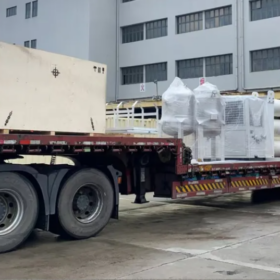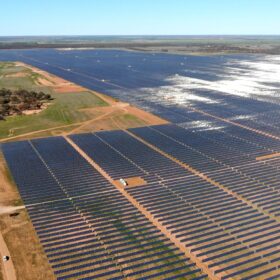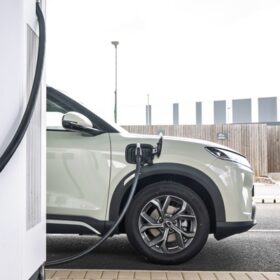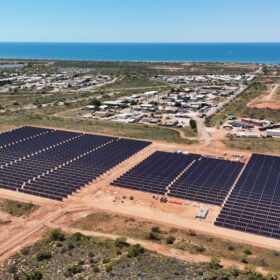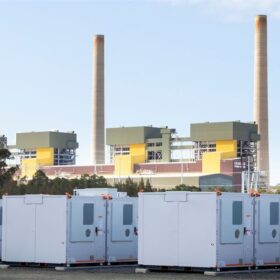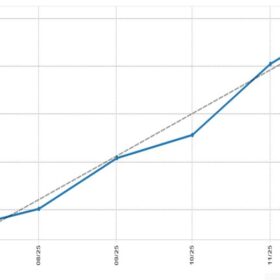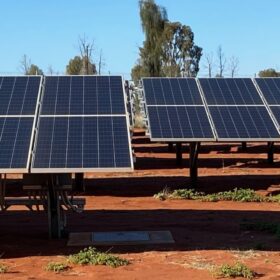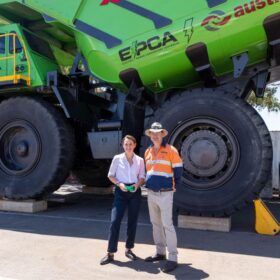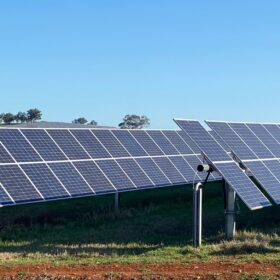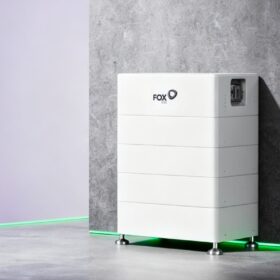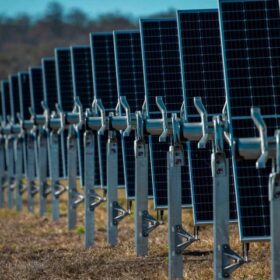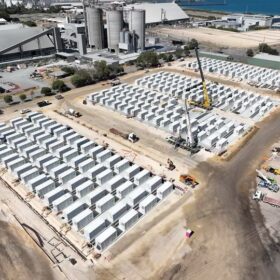Line locks in equipment supply deal for Tasmanian green hydrogen project
Line Hydrogen has breathed new life into a 7.6 MW green hydrogen project planned for Tasmania with the signing of an equipment supply deal with Chinese manufacturer Jiangsu Guofu Hydrogen Energy Equipment Co.
NSW solar farms break 1 TWh generation barrier
Solar farms in New South Wales led the way for Australia’s utility scale PV energy output in December, generating 1,052 GWh of renewable electricity to drive all Australian large-scale PV and wind generation up 19% on the same time last year.
Australia makes gains in electric vehicle uptake
The number of motorists opting to buy an electric vehicle in Australia continues to rise with new-car sales data showing almost 157,000 EVs were purchased in 2025 with total sales increasing by 38% compared to the previous year.
Pacific Energy advances plans to power remote WA town with renewables
Plans to generate up to 80% of the Western Australia coastal town of Exmouth’s power from renewable energy sources are progressing well with all 16,700 PV panels installed at a new 9.6 MW solar farm.
Origin flicks operational switch on Australia’s biggest approved battery
The first stage of the biggest approved battery project in Australia is now fully operational with Origin Energy announcing the initial stage of the 700 MW / 3,160 MWh battery energy storage system being built next to its Eraring coal-fired generator in New South Wales has commenced commercial operations.
Home battery uptake continues to climb
More than 1.2 GWh of new behind-the-meter energy storage capacity was installed across Australia last month as households and businesses sought to take advantage of the federal government’s revised $7.2 billion Cheaper Home Batteries Program.
Pilot opts for hybrid project over standalone solar
Oil and gas explorer Pilot Energy has expanded its renewables ambitions, teaming with Hong Kong-headquartered SN Energy Group to jointly develop a hybrid solar and battery energy storage project on land in Western Australia previously earmarked for a 376 MW solar farm.
WA launches $9 million funding round open for clean energy projects
The Western Australian government has opened a new round of funding under its $37 million Clean Energy Future Fund with $9 million available to back “practical” clean energy projects that help diversify and decarbonise the state’s economy.
Bowen says renewables transition on track after 7 GW added to grid in 2025
Federal Energy Minister Chris Bowen insists Australia is on track to meet the government’s flagship target of 82% renewable energy by 2030 after solar, wind, and other renewables supplied about 50% of all power in the electricity grid in the final quarter of 2025.
Fox trots out stackable battery system for residential, commercial applications
Chinese manufacturer Fox ESS has launched into the Australian market a 5.99 kWh capacity modular battery energy storage system that can be scaled up to 83.86 kWh per stack.

